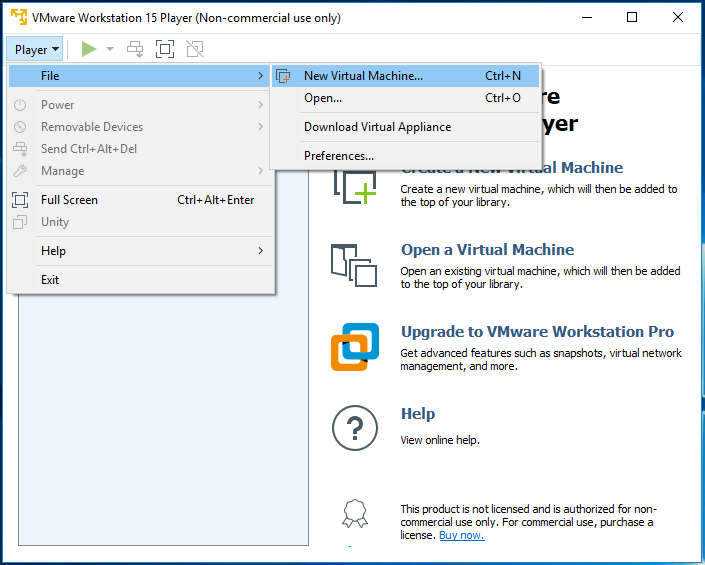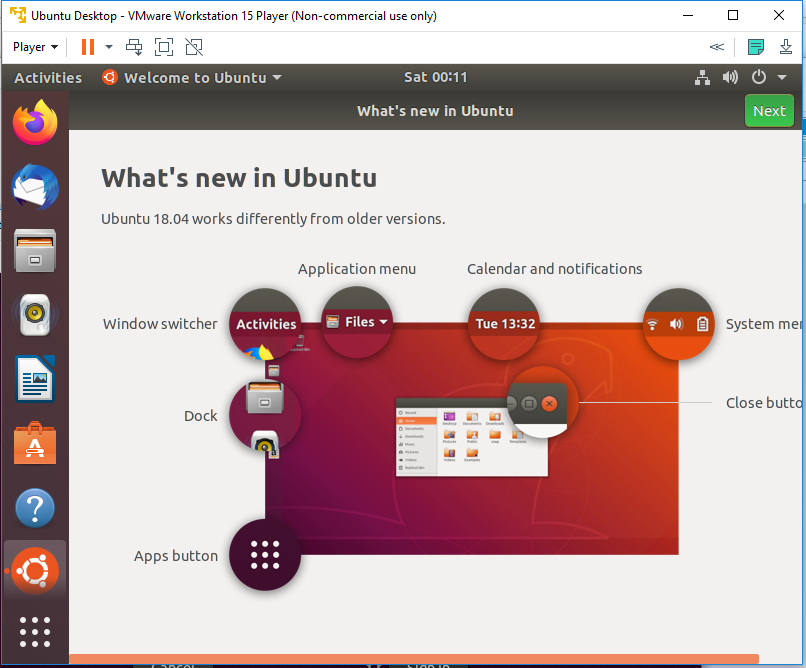

You'll want to ensure that you have access to resources such as user forums, documentation, and technical support in the event that you run into any issues or need assistance with your virtual machine. You'll want to ensure that you have enough storage space available for both the virtual machine itself and any applications or files you'll be using within Ubuntu.įinally, it's important to consider the level of support and documentation available for your chosen virtualization software and Ubuntu installation.

Storage space is another key consideration, as your virtual machine will require a certain amount of disk space to function properly. You'll want to ensure that your computer meets the minimum requirements for your chosen virtualization software, as well as any additional hardware requirements for Ubuntu itself. Each has its own advantages and disadvantages, so it's important to research and compare these options before making a decision.Īnother important factor is the hardware requirements of your virtual machine, as these will affect the performance and usability of your Ubuntu installation. Popular options include VirtualBox, VMWare, and Parallels. A virtual machine allows you to run an operating system (in this case, Ubuntu) within another operating system (such as Windows or Mac OS X), which can be useful for testing software or running applications that are not compatible with your primary operating system.įirst and foremost, you'll want to consider the virtualization software you'll be using, as this will determine the features and capabilities of your virtual machine. If you're looking for a virtual machine for Ubuntu, there are a few key points that you should consider before making your choice.


 0 kommentar(er)
0 kommentar(er)
